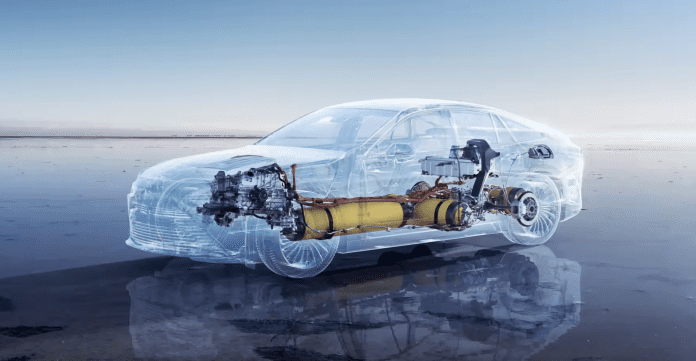We live in an era assaulted by ceaseless change, particularly in the automotive industry, and we’re no strangers to seeing trends rise and fall. History shows that we welcome it. Over the past decade, electric vehicles (EVs) have slowly gained momentum, propelled by the mighty winds of millions of dollars in government incentives and climate advocacy. But as we rally behind this singular solution, we must pause and question the logic. Why is our society, which thrives on choice, suddenly being funneled into a one-size-fits-all solution?
First, let’s address the charging elephant in the room. With brownout alerts becoming as familiar as traffic signals and concerns over grid collapses becoming alarmingly mainstream, the rationale behind pushing EVs as the primary sustainable transportation solution almost defies logic. As our Energy Secretary recently found out, charging infrastructure, or the lack thereof, stands out as another mountainous hurdle.
But here’s the larger problem: In a society where grocery aisles brim with an aisle of toothpaste varieties and no financial advisor would dare recommend putting all your money in a single stock, why are we being nudged, almost coerced, into placing our transportation future singularly on EVs? Are we indeed prepared to navigate these challenges at scale? And more critically, shouldn’t we be engaging our brains and asking, “What’s going on here?”
While EVs undoubtedly have their merits for some, placing all our transportation aspirations on one technology is akin to risking our entire fortune on a single roll of the dice. Enter the understated and frequently sidelined contender: hydrogen-powered vehicles.
The allure of hydrogen isn’t just its impressive energy density or its potential for rapid refueling; it’s about its scalability, its potential for green production, and its ability to diversify our energy portfolio. While detractors argue that hydrogen production, primarily through steam methane reforming, isn’t precisely ‘green,’ advances in water electrolysis powered by renewable energy sources paint a promising picture for hydrogen’s sustainable future.
It’s essential to recognize that EVs, ICE vehicles, and hydrogen-powered ones need not be adversaries. They can coexist, with each serving distinct segments of the market. Urban commuters, who live in homes, might lean towards EVs due to their convenience and charging ubiquity. At the same time, those living in multi-family housing, regions with insufficient charging infrastructure, or requiring long-haul transportation might find a mix of ICE and hydrogen options more appealing. Choice, after all, has been the cornerstone of our societal progress.
So, where do we find ourselves today? On the cusp of innovation and amidst a technological renaissance. But as with any period of rapid transformation, it’s imperative not to lose sight of all possibilities, especially those like hydrogen that beckon with so much potential.
As for our readers: This week, challenge yourself to look beyond the EV narrative. Consider a dive into hydrogen’s potential, explore its nuances, and ask yourself – Is the future solely electric? Should it be? Or is there room for the age-old element that once powered the sun?
Discuss, deliberate, and drive forward. In a society that cherishes the right to choose – from the grocery aisle to the stock market and medical procedures- why should our transportation future be any different? Demand options, question singular narratives, and embrace a diversified transportation future.



